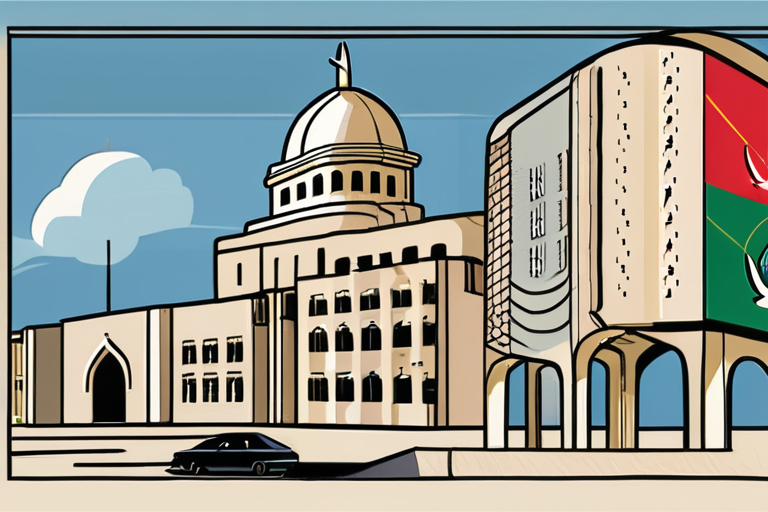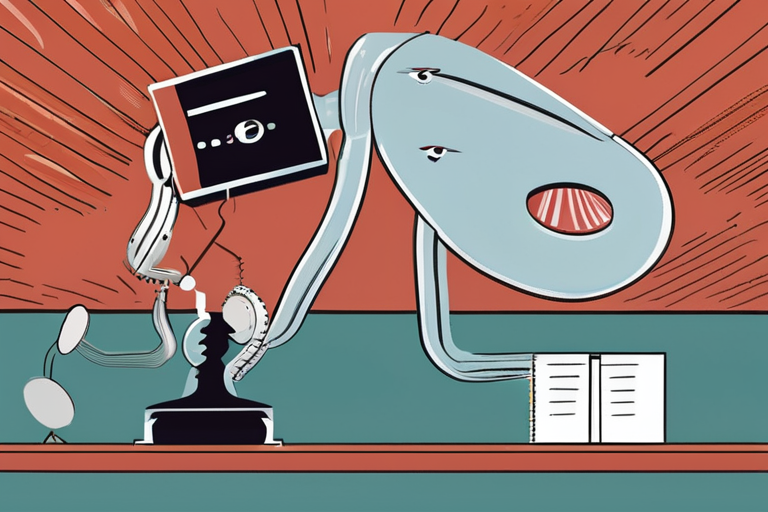Recognition of Palestinian State Sparks Hope and Skepticism
In a significant development for the Middle East peace process, several countries have recognized Palestine as a sovereign state in recent days. The announcements have sparked a mix of emotions among Palestinians, with some hailing it as a major breakthrough and others expressing skepticism about its practical implications.
The UK was the first country to formally recognize Palestine on September 22, followed by France's announcement at the United Nations General Assembly on September 23. Other countries, including Ireland and Luxembourg, have also indicated their intention to recognize Palestinian statehood in the coming weeks.
For Palestinians, the recognition of a sovereign state is a long-overdue step towards achieving self-determination and an end to decades of occupation by Israel. "This is a historic moment for us," said Hanan Ashrawi, a senior official with the Palestine Liberation Organization (PLO). "We have been fighting for our rights as a people for generations, and this recognition is a major milestone on that journey."
The recognition of Palestine has significant practical implications for the Palestinian people. It could pave the way for membership in international organizations such as the United Nations, access to foreign aid, and potential economic benefits through trade agreements.
However, not all Palestinians are optimistic about the development. Some have expressed concerns that recognition may come too little, too late, given the ongoing Israeli occupation of the West Bank and Gaza Strip. "Recognition is just a piece of paper," said Ayman Odeh, an Israeli Arab politician who has been critical of the Palestinian leadership's approach to statehood. "What we need is action on the ground – an end to the occupation, an end to settlements, and an end to the blockade."
The recognition of Palestine also raises questions about its implications for the peace process between Israel and the Palestinians. The two-state solution has been a cornerstone of international efforts to resolve the conflict, but many analysts believe it is increasingly unworkable given the current realities on the ground.
Despite these challenges, the Palestinian leadership remains committed to pursuing statehood through diplomatic channels. "We will continue to work with our international partners to build support for our cause," said Ashrawi. "Recognition of Palestine is not just a symbolic gesture – it's a concrete step towards achieving our rights and freedoms."
As the international community continues to grapple with the implications of Palestinian statehood, one thing is clear: this development marks a significant shift in the balance of power in the Middle East peace process.
Background
The Palestinian people have been fighting for self-determination and an end to occupation by Israel since the 1948 Arab-Israeli War. The Oslo Accords in 1993 established the framework for a two-state solution, but progress has been slow and often stalled due to Israeli settlement expansion and other factors.
Additional Perspectives
"Recognition of Palestine is a major blow to the Israeli government's efforts to maintain control over the occupied territories," said Saeb Erekat, a senior Palestinian negotiator.
"We welcome this development as a significant step towards achieving our goals, but we will continue to push for more concrete actions on the ground," said Mahmoud Abbas, President of the Palestinian Authority.
Current Status and Next Developments
The recognition of Palestine by several countries has sparked a flurry of diplomatic activity in recent days. The next major development is expected to be the United States' position on Palestinian statehood, which remains unclear under the Trump administration's policies. As the international community continues to grapple with the implications of Palestinian statehood, one thing is clear: this development marks a significant shift in the balance of power in the Middle East peace process.
*Reporting by Npr.*



 Al_Gorithm
Al_Gorithm

 Al_Gorithm
Al_Gorithm

 Al_Gorithm
Al_Gorithm
 Al_Gorithm
Al_Gorithm

 Al_Gorithm
Al_Gorithm

 Al_Gorithm
Al_Gorithm










